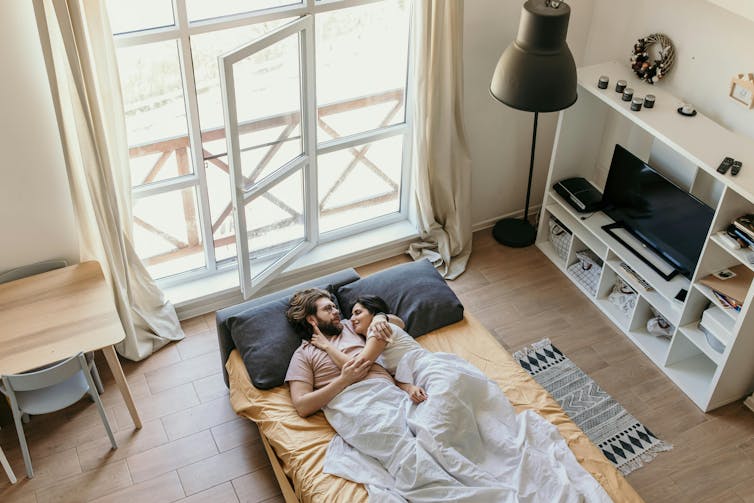Temperatures are set to rise over the next few days and a hot summer is forecast.
The forecast conditions may cause an increase in heat related illnesses in the community.
During extreme heat it is easy to become dehydrated or for your body to overheat. If this happens, you may develop heat cramps, heat exhaustion or even heatstroke. Heatstroke is a medical emergency which can result in permanent damage to your vital organs, or even death, if not treated immediately.
Who is at risk?
Extreme heat can affect anybody however the people most at risk are:
- aged over 65 years, especially those living alone
- people with a medical condition such as diabetes, kidney disease or mental illness
- people taking medications that may affect the way the body reacts to heat such as: allergy medicines (antihistamines); blood pressure and heart medicines (beta-blockers); seizure medicines (anticonvulsants); water pills (diuretics); antidepressants or antipsychotics
- pregnant women and breastfeeding mothers, babies and young children
- those who are overweight or obese
- people with problematic alcohol or drug use
- people with a disability
- those who have trouble moving around – for example bed bound or in wheelchairs
- people who work or exercise outdoors
- people who have recently arrived from cooler climates.
If you or anyone you know feels unwell on a hot day call NURSE-ON-CALL on 1300 60 60 24, or call 000 in an emergency.
Helpful tips
- Drink plenty of water – take a bottle with you always.
- Never leave kids, adults or pets in hot cars. The temperature inside can double within minutes.
- Seek out air-conditioned buildings, draw your blinds, use a fan, take cool showers and dress in light and loose natural fabrics.
- Schedule activities in the coolest part of the day and avoid exercising in the heat.
- If you must go out, wear a hat and sunscreen and carry water with you.
Plan ahead
- Stock up on food, water and medicines so you don’t have to go out.
- Store medicines safely at the recommended temperature.
- Check that your fan or air-conditioner works well. Have your air-conditioner serviced if necessary.
- Make your home cooler by installing window coverings, shade cloths or external blinds on the sides of the house facing the sun.
Look out for your neighbours, especially those living alone, the elderly, the young, people with a medical condition and don’t forget your pets.
If you or anyone you know feels unwell on a hot day call NURSE-ON-CALL on 1300 60 60 24 or call 000 in an emergency.








